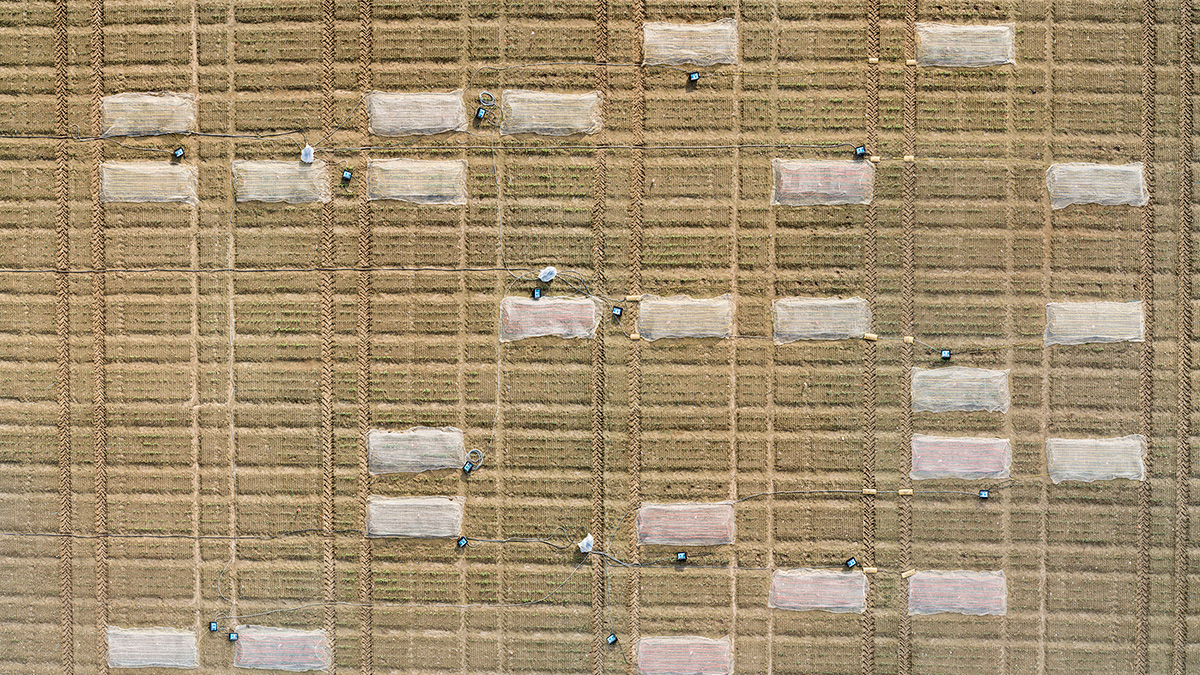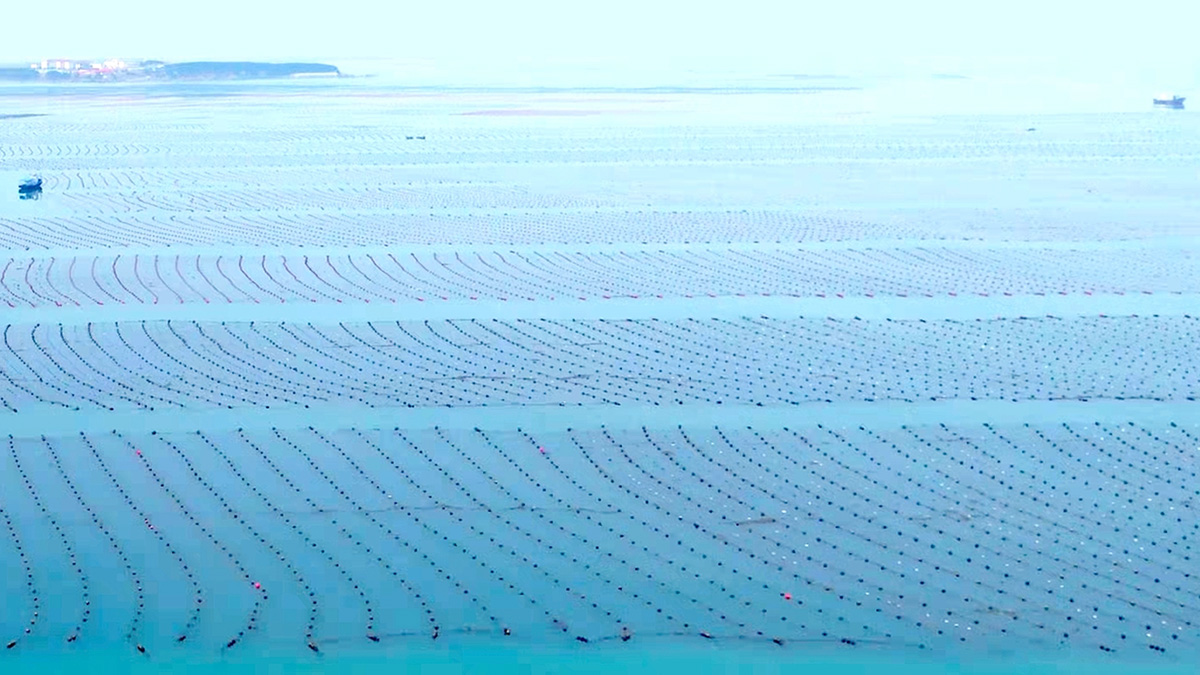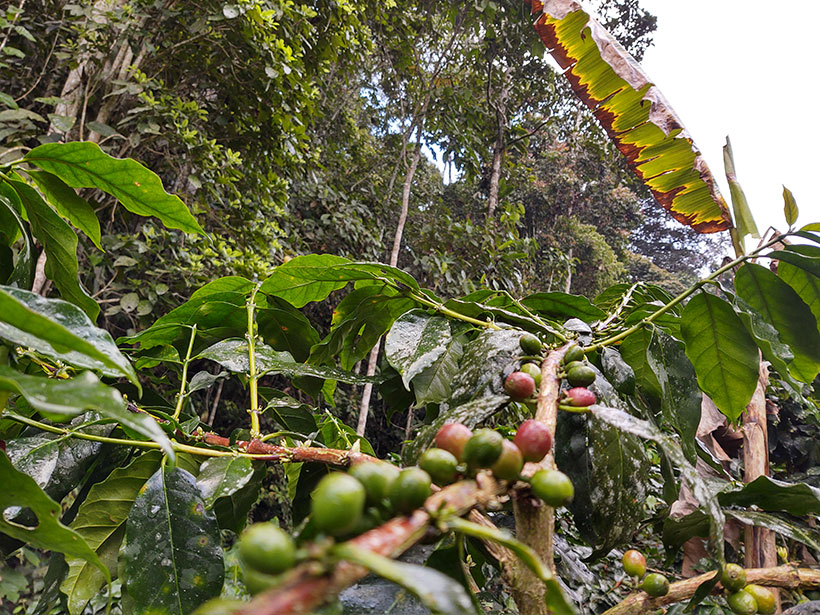Annual crops go dormant during winter. Frosty temperatures cue them to wake up—but the warmer winters brought on by climate change scramble the cold signal, hurting yield.
food
Could “Lost Crops” Help Us Adapt to Climate Change?
Archaeology might not solve all the agricultural challenges that climate change will bring, but it could provide important lessons and a record of new ideas.
Coastal Aquaculture Can Reduce Nutrient Transport
High-resolution simulations of China’s Sanggou Bay show that suspended aquaculture alters hydrodynamics and weakens transport of nutrients to the area from offshore bottom water.
Community Input Drives Superfund Research
Researchers identified geochemical tracers for lead and investigated Oklahomans’ concerns at the Tar Creek Superfund site.
The Benefits of Better Ocean Weather Forecasting
Improvements in our ability to forecast oceanic conditions weeks to months in advance will help communities, industries, and other groups prepare amid a changing climate.
Index Suggests That Half of Nitrogen Applied to Crops Is Lost
Food production is becoming less efficient at using nitrogen fertilizer, according to a review of global values. Excess nitrogen damages the environment and the climate.
Food Security Lessons from the Vikings
Scandinavian societies of the first millennium adapted their farming practices to volcano-driven climate changes.
What’s the Beef About Methane?
Progress has been made to reduce methane emission intensity from livestock (the amount of methane per unit of protein), but where are the greatest opportunities to reduce this methane source further?
A Warming World Threatens Colombia’s Coffee Future
Colombia is the second-largest producer of Arabica coffee, but changing climate, soil, and precipitation patterns are already altering the harvest volume, production techniques, and even the taste of coffee.










